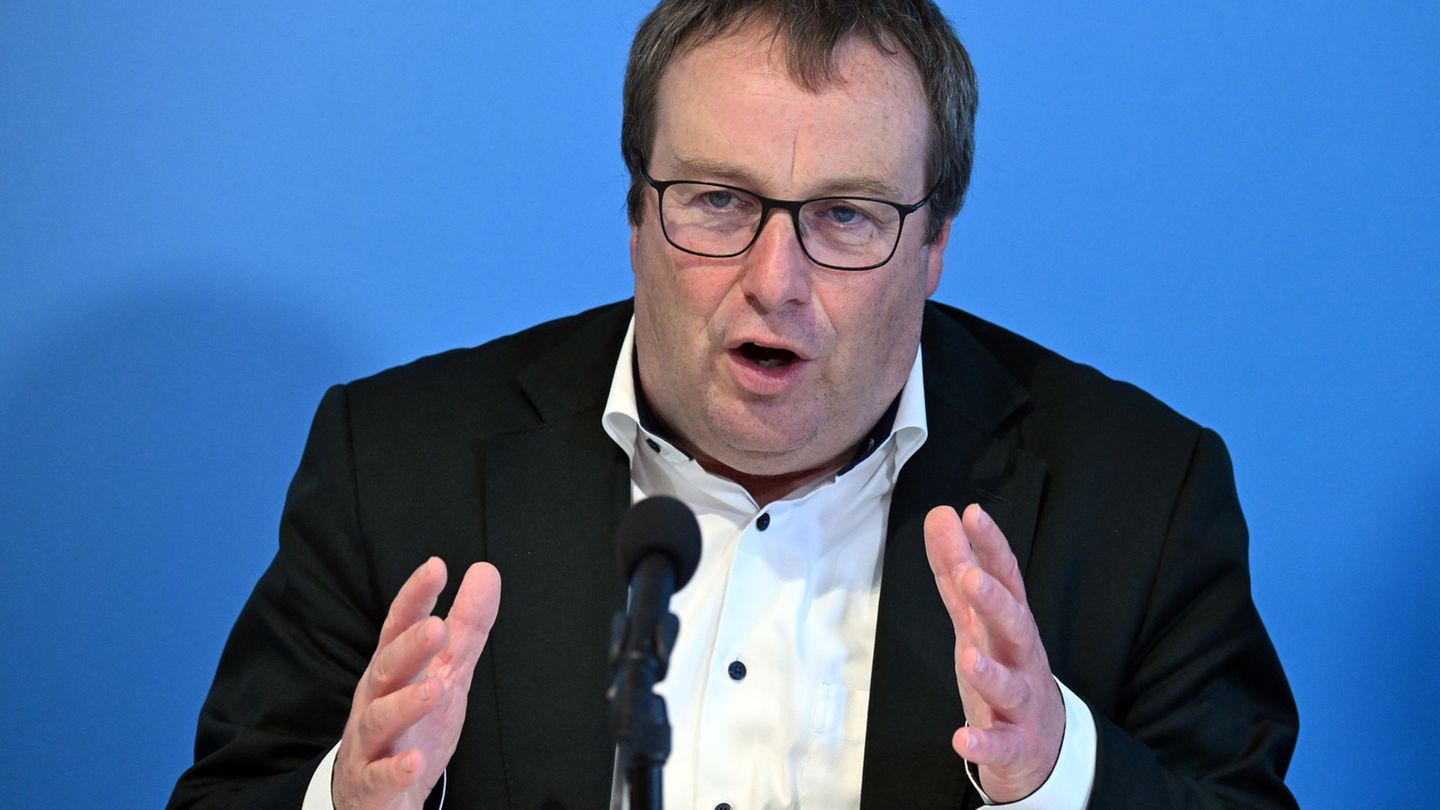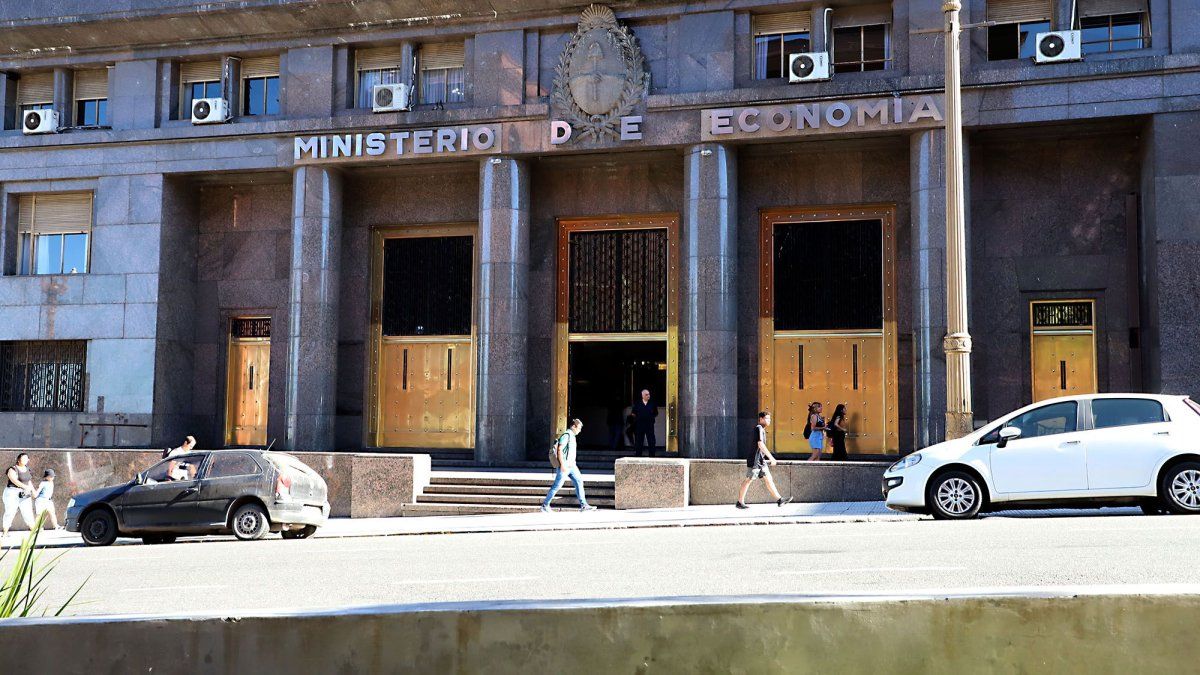Little purchasing power, high interest rates: The EU economy started the year weaker than expected. Brussels lowers its economic forecast again. Expectations for Germany are also murkier.
According to a forecast by the European Commission, the EU economy will grow more slowly this year than recently expected. The authority lowered its economic forecast for 2024 for the third time in a row. The prospects for Germany have also become murkier – Europe’s largest economy is likely to be at the bottom of the euro zone this year with mini-growth. But there is good news for consumers: the experts in Brussels assume that inflation will weaken more quickly.
The Commission expects growth of 0.9 percent for the EU in 2024. In the fall, the authority expected 1.3 percent. The Commission is now forecasting growth of 0.8 percent for the euro zone (autumn: 1.2 percent).
Weaker start to the year
The Commission also lowered its estimate for last year and is assuming growth of 0.5 percent in the EU and Eurozone (previously: 0.6 percent). “After a difficult year in 2023, the European economy developed somewhat weaker than expected,” said Commission Vice President Valdis Dombrovskis. However, the recovery is expected to gradually accelerate over the course of the year and into 2025. Inflation continues to decline. Real wage growth combined with a resilient labor market should support consumer demand, Dombrovskis said. For 2025, growth of 1.7 percent is predicted for the international community and 1.5 percent for the euro countries.
Uncertainties remain
However, the forecast comes against the backdrop of various risks: “Geopolitical tensions, an increasingly unstable climate and a series of crucial elections this year around the world are all factors that increase uncertainty around this outlook,” said EU Economic Commissioner Paolo Gentiloni.
The commission said there were uncertainties due to the risk of a further expansion of the conflict in the Middle East. The increase in shipping costs as a result of the difficulties in the Red Sea is expected to have only a minor impact on inflation. “However, further disruptions could lead to renewed supply shortages that could stall production and drive up prices,” it said.
Since the beginning of the Gaza war between Israel and the Islamist Hamas, the Iran-backed Houthi rebels have repeatedly attacked ships with alleged Israeli connections in the Red Sea. Large shipping companies avoid the route. Around ten percent of all world trade passes through the Red Sea.
Within the EU, it remains to be seen how consumption and wage growth will develop – as well as interest rates. In addition, climate risks and more frequent extreme weather continue to be a threat.
Germany is at the bottom
The EU Commission also scaled down its forecast for Germany: According to estimates, the economy will grow by 0.3 percent this year (autumn: 0.8 percent). Reasons for this include a shortage of skilled workers and weak foreign demand. The authority is not predicting such a small increase for any other Euro country this year. Even with a view to the entire community of states, Germany is at the bottom of the list – only Sweden is behind it with a forecast growth of 0.2 percent. For the coming year, the Commission continues to expect an increase of 1.2 percent for Germany.
For this year, the EU Commission is still a little more optimistic about Germany than the federal government: it only expects growth of 0.2 percent for 2024. That is “in no way satisfactory,” said Economics Minister Robert Habeck. There must be quick decisions about what the federal government can do.
The prospects for the German economy had deteriorated this year. Many economists lowered their forecasts and expect growth of significantly less than one percent. The International Monetary Fund forecast growth of 0.5 percent in January. In its forecast published at the beginning of the month, the industrialized nations organization OECD predicted an increase of 0.3 percent. The German Chamber of Commerce and Industry expects stagnation at best. Some economists do not rule out a decline in gross domestic product for the year as a whole.
Ray of hope for consumers
With regard to price developments, Brussels has good news for consumers. According to the Commission’s estimates, annual inflation in the euro zone will weaken faster than expected in the autumn – from 5.4 percent in 2023 to 2.7 percent this year and 2.2 percent next year. For Germany, the authority expects 2.8 percent this year and 2.4 percent next year.
Source: Stern




